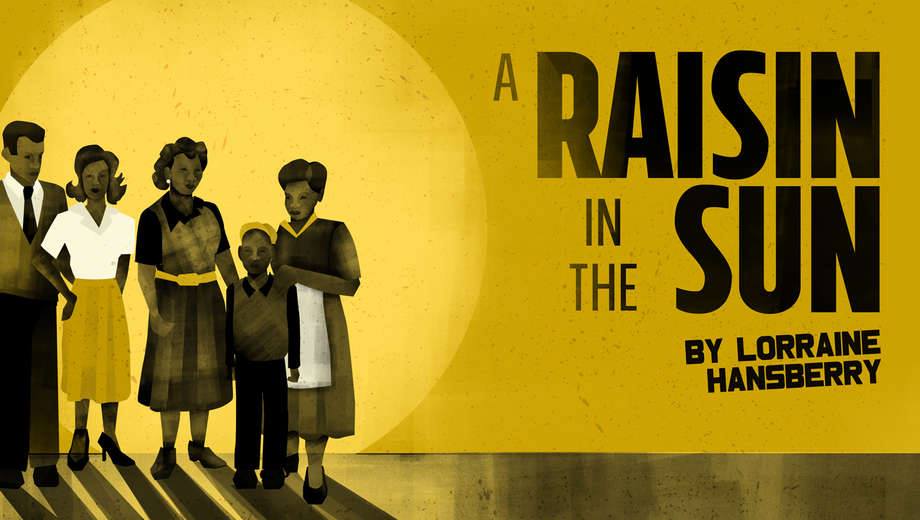Sexism soaked in Society
A Raisin in the Sun, written by Lorraine Hansberry in 1959, demonstrates the struggles a low-class black family faces in a dominant white society. The drama unfolds when the Younger family, in South Chicago, argues over an awaited $10,000 life insurance check for the deceased head of the family. Mama, the aging matriarch, wants to move out of the ghetto, her headstrong, irresponsible son Walter wants to be a provider as “the man of the house” and open a business, and her daughter Beneatha wants to break out of a standard female role and enroll in a medical school. Mama spends a third of the money on a new house, and with trepidation gives the rest to Walter. But his business then ends in disaster. Guilt, generosity, and sacrifice are all present in this drama that closes with a powerful scene of hopefulness and pride. Walter overcomes the catastrophe and does not back down on the new house even when offered a bribe from some neighboring white racists. In refusing the money, Walter “finally come into his manhood” as Mama said. In the end, Youngers pull together — and yet they are affected by a sexist world.
In this scene, as usual, Beneatha and Walter are fighting about Beneatha’s dream of becoming a doctor. Walter shows his disapproval of Beneatha’s dream by saying, “Who the hell told you you had to be a doctor? If you so crazy ‘bout messing ‘round with sick people – then go be a nurse like other women – or just get married and be quiet…” In the quote, Beneatha tries to pursue her dream of becoming a doctor, which was a man’s job in this time period, no matter how the world discriminates her. Beneatha denies what the prejudiced society teaches her to do as a woman and supports gender equality. On the other hand, Walter does not make an attempt to change his views on gender roles and criticizes women even when his own sister tries really hard to pursue a men’s dream. Walter is affected by the sexist society and does not realize the wrongness and unfairness soaked into it, but encourages the idea that the society suggests, which is only advantageous to men.
Lorraine Hansberry introduces readers to two different characters, Beneatha and Walter, who have contradicting opinions in gender. Walter believes that women and men are unequal, but Beneatha believes that all women are capable of doing what men can do. Lorraine Hansberry shows how hard it is for a woman to live with ambition every day and be resilient in a solely man based society by showing all the discouraging remarks that Beneatha receives. She also wants to give hope to all women by showing how Beneatha follows her beliefs despite Walter’s and society’s criticisms. This book changed my view on the world by making me realize that women have the strength to fight against sexism, which is still a major issue today.


